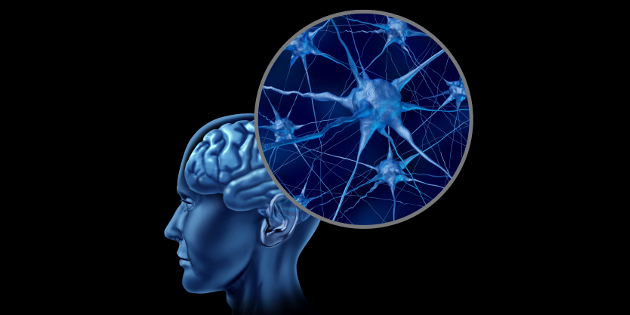New study in mice: even short-term hearing impairment changes neurotransmitters
NEUROLOGY
Researchers from the University of Buffalo, New York, USA, have found that short-term occlusion of the ear canal can lead to remarkable changes in auditory neurotransmitters with altered behavior and structure of nerve cells.

The study showing these results was conducted in mice by surgical blocking the ears for a period of three days to over a week. “We wanted to know what happens at the brainstem, in the cells coming from the ear,” explains Matthew Xu-Friedman, PhD, lead researcher and Associate Professor of biological sciences at the College of Arts and Sciences. “What we saw is that some significant changes do occur within a few days.”
In mice with blocked ears, cells in the auditory nerve started to use their supplies of neurotransmitters more readily. Neurotransmitter reserves were rapidly depleted each time a new auditory signal was processed. Storage capacities for neurotransmitters also dropped off steeply.
“When it’s quiet, the demands on the auditory nerve cells are not as great,” says Xu-Friedman. “So it makes sense that you would see these changes: you no longer need as much neurotransmitter, so why invest in a lot of storage? If you’re not that active, you don’t need a big gas tank. And you’re not as afraid to use up what you have. This is one plausible explanation for what we observed.”
The researchers are also interested in finding out whether the changes are quickly reversible. In their study, cells appeared to revert in a short amount of time, but it is not known whether this recovery is complete or only partial.
Source: ScienceDaily; Zhuang X, et al. Changes in properties of auditory nerve synapses following conductive hearing loss. The Journal of Neuroscience. 2016 Dec 1.


